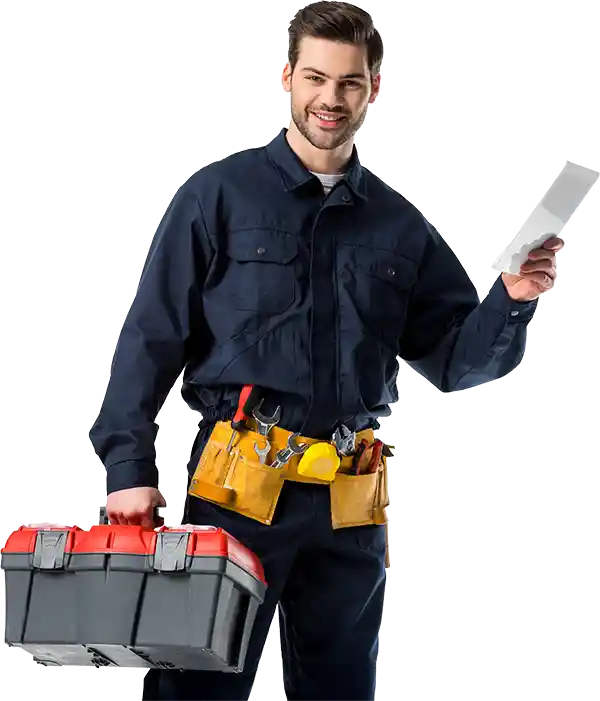Central heating installations in West London
For quick and efficient central heating installations in West London, get in touch with our experienced central heating installers at West London Gas and get a free quote. Getting new central heating can seem like a big fuss. But don’t worry, we make it easy.
"*" indicates required fields


Comprehensive heating installations
Save money with a new heating installation for your West London home
Whether you need a new hot water tank, a new thermostatic valve or a new radiator, your central heating installation can be arranged around your schedule. This ensures that you won’t be left waiting and that any disruption to your life will be kept to a minimum. Our team of central heating installers always leave your property as we found it, so you won’t be left with a mess. In fact the only sign we were ever there will be your new and improved heating system.
Warranties and guarantees for central heating installations
In the cold of winter, you don’t want any part of your central heating to fail. West London Gas have several manufacturer-backed warranties available that can last for up to 10 years. What’s more, all of our work is fully guaranteed, and your system will also receive the benefit of our high-quality aftercare service. This includes servicing your system to maintain its peak efficiency year on year and keep the savings coming. We’re available from Kensington to Greenford, Richmond, and Wembley, and everywhere in-between, so call today.
INSTANT Boiler Installation Quote To get an idea of how much it will cost to install a new boiler, just answer a few quick questions...
Boiler installation
Why choose West London Gas
Our local boiler installations cover West London homes covering Acton, Chiswick, Ealing, Hammersmith, Hanwell, and Kensington.




Frequently Asked Questions
Central heating installation FAQ
What factors should I consider when choosing a central heating system for my home?
When selecting a central heating system, consider the size of your home, energy efficiency ratings, fuel type (e.g., gas, oil, electric), and the reliability of the system. Also, evaluate whether you want a combination boiler, which provides instant hot water, or a system boiler with a separate hot water tank. Ensure the system you choose matches your household needs and fits your budget while meeting current energy regulations.
How long does it typically take to install a central heating system?
The duration of a central heating installation depends on factors such as the size of the property and whether any old system needs to be removed. On average, a full installation may take anywhere from a few days to a week. For larger or more complex systems, the timeframe may extend. Professional assessment by a qualified heating engineer will provide an accurate timeline tailored to your home’s specific requirements.
What are the main benefits of upgrading to a modern central heating system?
Upgrading to a modern central heating system improves energy efficiency, leading to lower energy bills and a reduced carbon footprint. Newer systems are more reliable, provide consistent heating, and are quieter compared to older models. Enhanced control features, such as smart thermostats, allow you to manage your heating remotely and more precisely, ensuring comfort and convenience while maximising energy savings.
Are there any specific maintenance tips for central heating systems?
Regular maintenance is essential for the optimal performance of your central heating system. Schedule an annual service with a certified professional to check for issues, clean components, and ensure safe operation. Bleed your radiators annually to release trapped air and ensure even heat distribution. Check the system pressure periodically and adjust if necessary. Additionally, ensure your boiler’s filters are clean, and watch for any unusual noises or leaks.
Can central heating systems be energy efficient and eco-friendly?
Yes, modern central heating systems can be highly energy efficient and environmentally friendly. Condensing boilers, for example, recover more heat and use less energy than older, non-condensing models. Additionally, pairing your system with smart thermostats and zoning controls can optimise heating schedules and reduce unnecessary energy consumption. Systems using renewable energy sources, such as heat pumps or solar panels, provide even more eco-friendly heating options.
What should I do if my central heating system stops working?
If your central heating system stops working, first check that the thermostat is set correctly and that the boiler has power. Ensure that the pilot light or ignition is functioning and reset the boiler if necessary. Verify that the pressure gauge shows an appropriate level. If the issue persists, inspect radiators for trapped air or leaks. For more complex issues or if you’re unsure, contact a certified heating engineer to diagnose and fix the problem safely.



